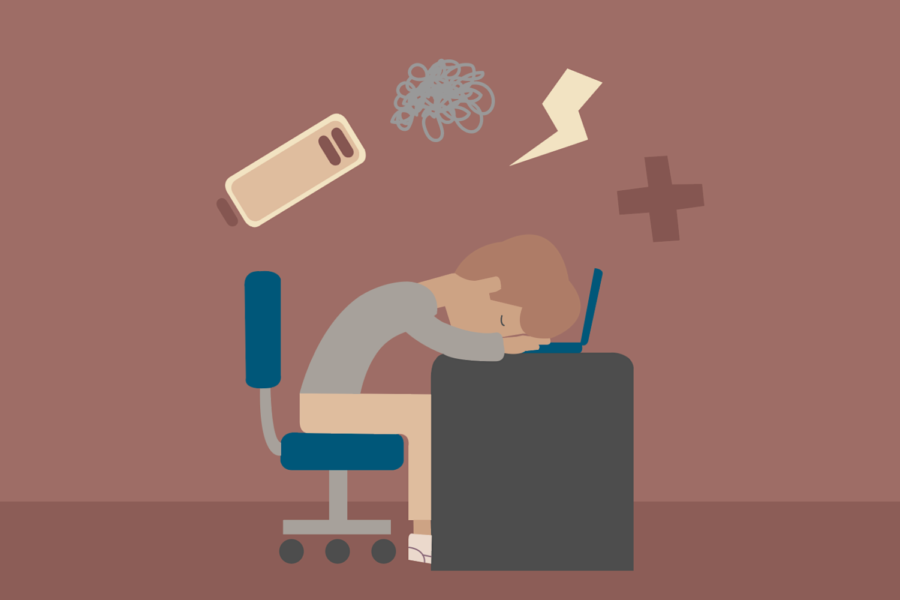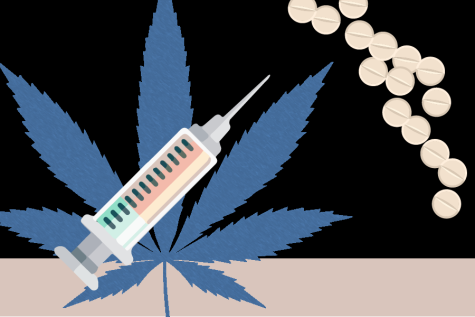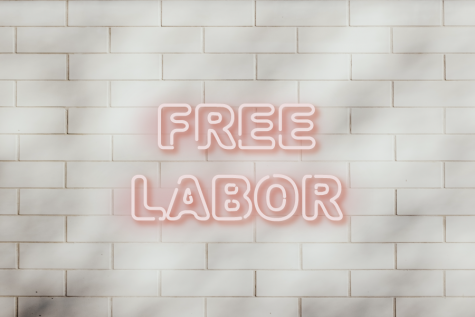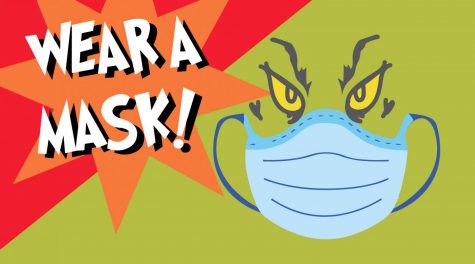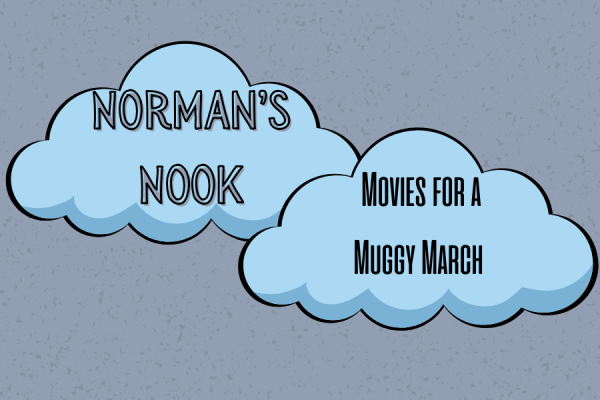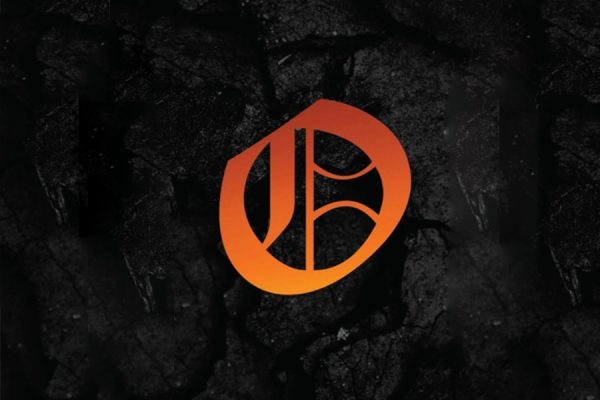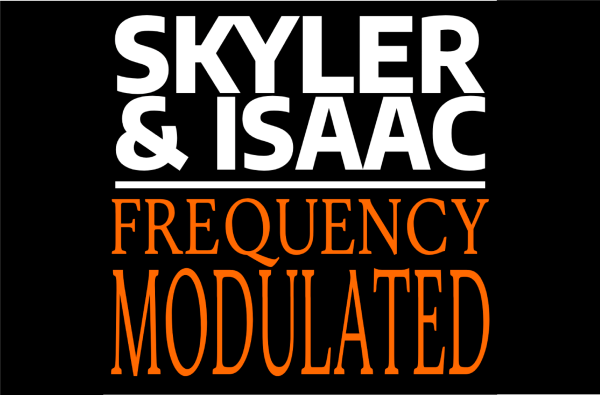Editorial: Students continue to endure repercussions of pandemic
Both physical and mental tolls continue to appear as students push through pandemic life.
Just over one year ago, what was expected to be a two week bump in the road upended the world. The COVID-19 pandemic has presented a number of challenges that will linger across the globe for years to come. These challenges include adapting to social distancing protocols, dealing with mental health impacts of lockdown and suffering from the reality that many lives have been lost.
With these challenges came unexpected hardships that continue to affect many, and college students faced unique obstacles in adapting to entirely new ways of living and learning on and off campus. Baker University students continue to tread water in hopes of once again feeling comfortable in their surroundings and returning to a sense of normalcy in academics, athletics, participation in campus organizations and social interactions.
The lack of social opportunities was a major factor in depression and anxiety becoming more prominent. To combat this, campus resources continue to reach out and offer assistance. Whether it be individual counseling sessions or the recently-established Self-Compassion group, the Student Counseling Center has become an important resource for students to find help.
Student Activities Council and other campus organizations have also made extra efforts to adapt to COVID-19 policies. Utilizing outdoor resources in order to follow social distancing guidelines has allowed for staple activities like grocery bingo to continue while also adding new activities like tie-dye events and rock wall climbing. These opportunities allow for a limited campus social life to develop and fuel student interaction as much as possible.
In addition, Zoom has not only served as a virtual classroom but also as a space for family gatherings, celebrations, meetings, watch parties and more, all in an attempt to provide connectivity in the most isolating of times. Staring at screens all day without true social interaction results in increased brain fatigue and less motivation in day-to-day activities.
Though Zoom can be helpful in staying connected, the fear of burnout is one that cannot be ignored. The lack of Fall and Spring Breaks resulted in even stronger feelings of being overwhelmed. Both students and faculty continue to express sentiments of stress and individual struggles that threaten to plague them as the Spring semester moves toward its final stretch.
With only a few weeks remaining in the semester, it is more important than ever to recognize the struggles that the world has endured in the past year and develop compassion for the impact COVID-19 has had on the lives of everyone affected.
Many people leave their homes every day in fear that they or a loved one will contract COVID-19. Some of these people are at higher risk due to underlying conditions, amplifying those fears and also leaving many students and faculty members unable to utilize the adaptations seen on college campuses like Baker’s. Having mask requirements and buckets of sanitary wipes in every room can only do so much when a life is at stake. This results in an even deeper isolation from the rest of the world.
Recent political and social justice issues amplify the hurt being experienced, forcing the nation to grieve for the soul of the country while simultaneously fearing for the literal survival of it. There’s a pervasive hopelessness that permeates our mere existence while we all try to soldier on. COVID-19 fatigue leads to people being so tired of all the rules and procedures that they may feel the urge to engage in unsafe behaviors. Trying to find joy in anything can seem futile.
While the ache associated with the pandemic continues to be felt, it has also become a time to persevere and move on from the darkness that clouded this pivotal moment in history.
The COVID-19 pandemic has scarred many in a variety of ways, but recent breakthroughs have provided a light at the end of the tunnel. As vaccines continue to become more accessible, fears of COVID-19 plaguing the health of the nation begin to dissipate. The hope for a new normal may still be months away, but the prospect allows for new confidence to grow.


